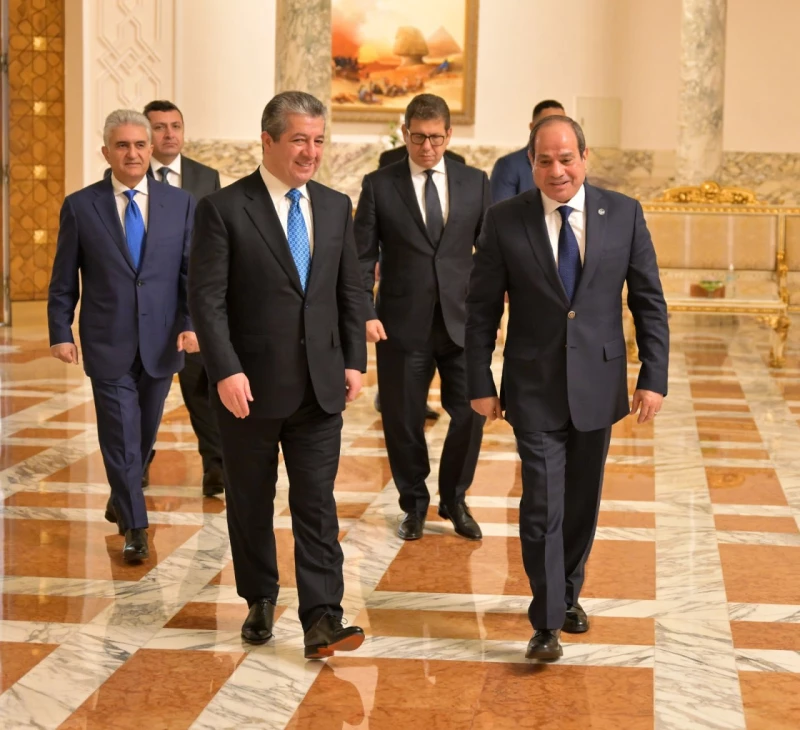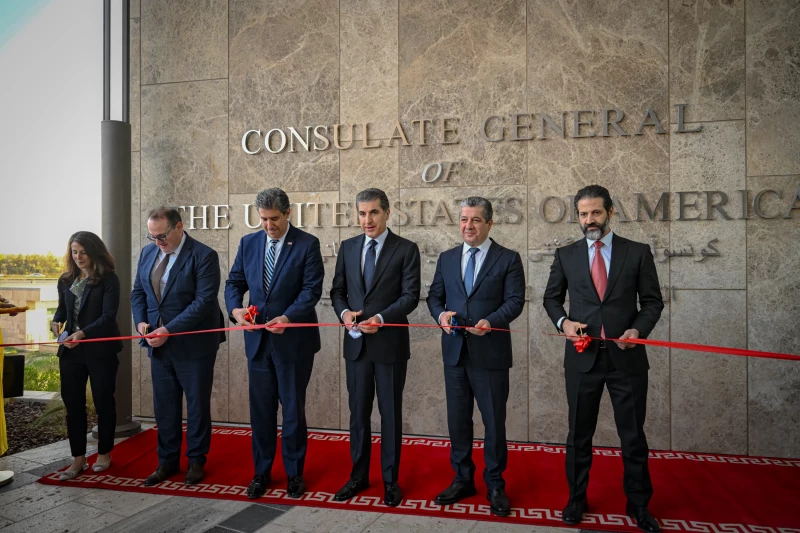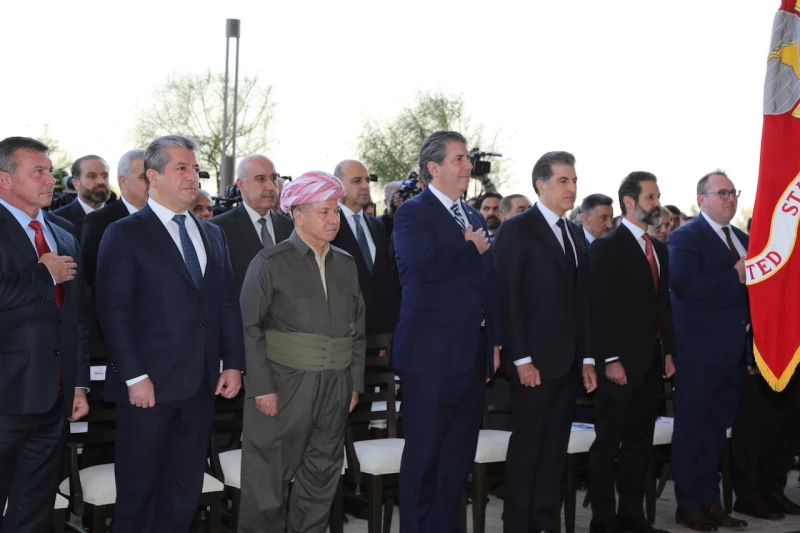The Federal Supreme Court's decision to reduce the Kurdistan Region’s parliament seats from 111 to 100 and eliminate minority quota seats in the Kurdistan Region of Iraq has ignited a storm of criticism within both political and academic circles in the region. This criticism is not just originating from the components themselves but also from experts who view the decision as unconstitutional, lacking professionalism, and failing to uphold the democratic principles practiced across Iraq.
The quota system is widely acknowledged internationally as a positive tool for promoting representation among segments and components that might otherwise struggle to compete with larger groups in elections.
Its aim is to ensure fair and proportional representation in parliament for these groups, granting them a meaningful opportunity to participate in the democratic process.
As is widely recognized, this system is entrenched within Iraq's electoral framework at both provincial and national levels. Hence, many have been taken aback by the Federal Supreme Court's move to annul component quotas in the electoral setup of the Kurdistan Region.
Contrary to some expectations, this measure doesn't run counter to the Iraqi constitution; rather, it embodies its principles, fostering a democratic ethos and promoting coexistence among the diverse segments of society.
The quota system in Iraq extends beyond religious and ethnic minorities to encompass female representation in both parliament and provincial councils, without encountering official objections thus far.
Hence, there are suspicions that the recent decision may be politically motivated, possibly aimed at appeasing the Kurdistan Democratic Party (KDP). This party has come under fire from the Patriotic Union of Kurdistan (PUK), the plaintiff in this case, for purportedly benefiting from the eleven seats designated for components.
The PUK, led by Bafel Talabani, lodged a lawsuit with the court, resulting in the annulment of eleven seats allocated for components in the Kurdistan Regional Parliament.
Ano Jawhar, speaking on behalf of the components, asserted during a press briefing that the PUK's legal action constitutes an injustice against the components, flagrantly violating the rights of ethnic and religious groups in the Kurdistan Region.
While decisions of the court are final and legally binding, with no avenue for appeal, some leaders of these components have appealed to KDP leader Masoud Barzani to contest the ruling.
However, it appears that the decision will stand, leaving the components with no option but to confront the challenge and prepare for electoral participation through alternative means.
Muna Qahwachi, a former member of the Kurdistan Parliament who held the position of Deputy Speaker, views the court's ruling as unfair to the Turkmen and other minority groups.
In a press conference attended by several component leaders, Qahwachi highlighted that "the Federal Court's decision runs counter to the Iraqi Constitution and is seen as a setback to the democratic process in the Kurdistan Region."
She stressed that as components, they are dedicated to their political involvement, reiterating that the components in the Kurdistan Region are advocates of peaceful coexistence and the democratic process.
The rulings handed down by the court are clearly binding and final, leaving no room for appeal, and must be followed accordingly. Consequently, the decision to eliminate quotas in the Kurdistan Region's elections offers various electoral avenues for the region's national components.
In the past, when seats for these components were assured, there was little incentive for individuals within these groups to engage in elections. This weakened their proportional representation in parliament.
For instance, in the 2018 elections, participation from all components across the board amounted to only approximately 50 percent of the electorate, and not all voters backed their respective lists.
Many parliamentarians who secured seats received only minimal support from their components. However, the court's recent decision has presented a significant challenge for Turkmen and others, compelling them to engage more extensively in the electoral process. Failure to do so could result in a lack of representation in the upcoming session of Kurdistan elections. However, despite constitutional criticisms, the decision to abolish quotas may have some political benefits.
One such benefit is the encouragement it provides for components to participate more actively in elections, thereby maintaining their political and legislative influence.
With quotas removed, it becomes challenging for deputies from these components to secure seats in the regional parliament unless their candidates participate in existing electoral lists within their respective districts.
Consequently, there is an opportunity for component candidates to engage in electoral districts through the lists of Kurdish parties in the forthcoming elections.
The eleven parliamentary seats designated for components have consistently aligned with the KDP. The party has portrayed itself as a champion of these component rights, with the majority of component voters concentrated in electoral districts under the party's control in Duhok and Erbil.
Consequently, candidates from these components could potentially be included in the KDP's electoral list, resulting in a boost in its vote share in those districts, unless other parties and lists take proactive steps to nominate candidates representing these components on their own lists. However, the horizon does not seem too bright for parties established by the minority groups.
As of Wednesday, several Christian and Turkmen political parties have announced their boycott of the Region’s parliamentary elections, a move in response to the Federal Supreme Court’s ruling.

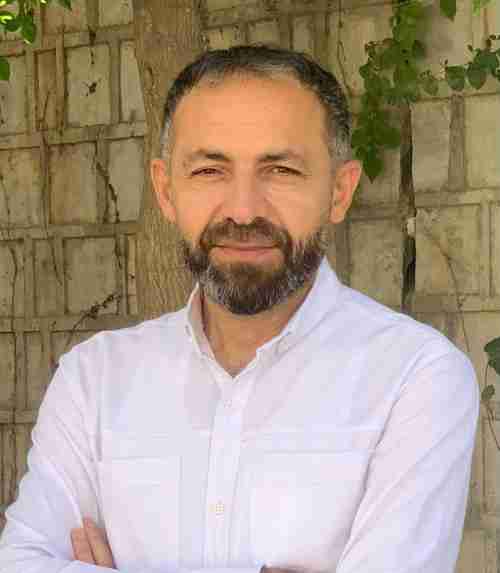
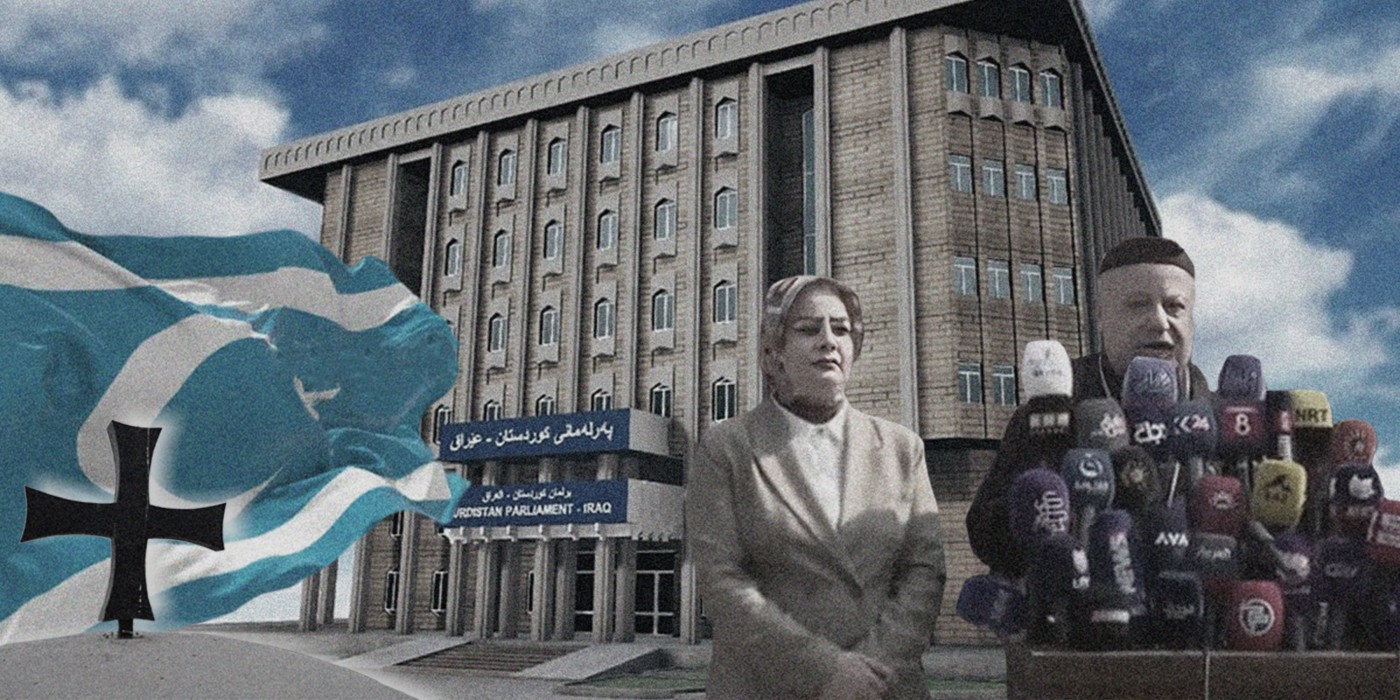
 Facebook
Facebook
 LinkedIn
LinkedIn
 Telegram
Telegram
 X
X
